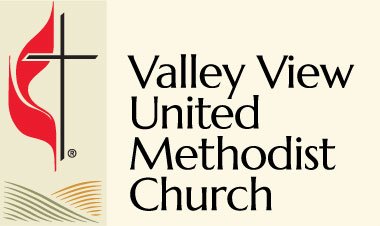Cleansing
Full confession: I was once accused of mild heresy because of what my professor graciously called a “very strong reading of Zwingli”. I’m not expecting that most of you have even heard of Ulrich Zwingli, he got easily overshadowed by Calvin and others from the reformation period, but he was a theologian of the time who did his own arguing about who God was and who we were meant to be.
You see Zwingli makes the comment that if someone is not prepared in their heart to come before God they might as well go take a bath as be baptized. There’s no point in a baptism if a person isn’t ready. There’s no reason to take communion if you haven’t prepared your heart and mind.
*ahem* Well, not quite.
In our sacraments we might do some of the logistics (and Lord knows we do all of the talking), but God is the first to act in our sacraments. So, God meets people where they are. There are some questions to ask and things to consider (we do publicly and corporately confess our sins as a congregation before communion) but our own spiritual state should not prevent us from partaking of the communion table or seeking baptism. It is a place to be filled- you don’t come to dinner with a full belly… you come hungry. It is a place to commit yourself to your faith and declare that you are Christian. God made you so you’re ready when the Spirit moves you to be ready.
So how does this relate to the cleansing atonement theory? Nothing but the blood of Jesus of course. We know that when it comes to sin, only God can wash away our sins. The purpose of Jesus being crucified was to shed the blood that cleanses away our sins, something we cannot do on our own. We might participate in the sacraments, but God does the work. We might have committed the sins, but God does the work of washing us and making us new.
For many, this idea of a clean slate, being pure again, being made new, is very appealing. They feel dirtied by their sin or the consequences of it. They wish to go back to a state of being clean. Now, there is something to be said for the understanding of clean/unclean vs clean/dirty. Being unclean in the early Jewish world meant something was used for anything other than its intended purpose. The fantastic on hand example at school was the fact that the white board was cleaned by a wash cloth, not by a dry erase eraser. The wash cloth is intended to wash humans, but there it was wiping off the board. And although it did it very well, it was still unclean. When it comes to clean and dirty, that is entirely a physical state. If the professor had washed clean the washcloth it would be clean in the clean/dirty dichotomy, but still unclean in the clean/unclean dichotomy. What example can you think of from your own life that fits into both the clean/unclean and clean/dirty dichotomies?
With this understanding, it’s not hard to see why people would want to be made clean (clean/unclean). We desire to do what God intends for us to do and sinning is not that thing. By Christ’s sacrifice we are made clean and released from that sin.
As ever, with thanks to Magrey R. DeVega (and his book Savior):
Definition of Sin: Sin is a stain that we cannot cleanse on our own. It is more than just a superficial account of our wrongdoings. Sin sinks deep into our innermost being, affecting the way we think, act, feel, and relate to others.
Definition of Salvation: Jesus is the fulfillment of Hebrew understanding of the scapegoat. He cleanses us of our sins by taking sin upon himself. He “becomes dirty” so that we might be “made clean.”
